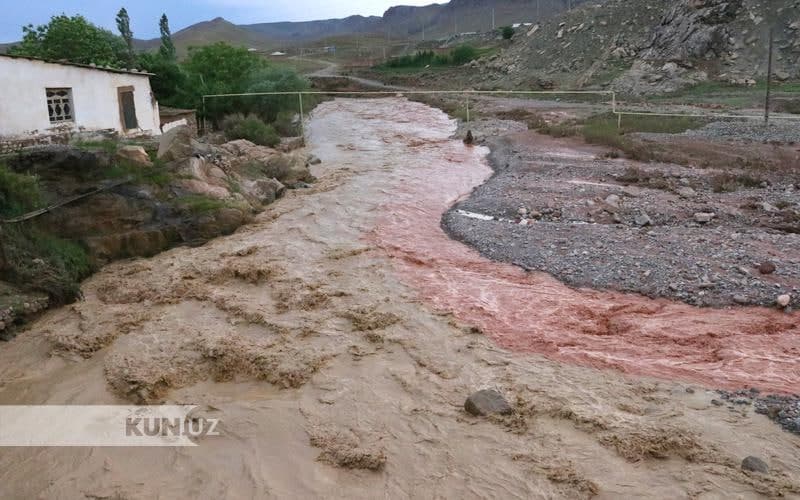Natural disasters affect, on average, 1.4 million people annually and cause damage of almost $3 billion, the press service of the Ministry of Economic Development and Poverty Reduction reports.
Recently, the ministry, together with the World Bank and the Regional Environmental Center for Central Asia (CAREC), held a roundtable on the topic “Building Climate Resilience through Strengthened Response to Disasters in Uzbekistan”.
Participants discussed the current state and progress in climate change adaptation planning, the government plans to build resilience across all sectors, disaster risk preparedness and mitigation measures, and public investment in adaptation and response to natural disasters.
As it became known, natural disasters in Uzbekistan affect an average of 1.4 million people annually and cause damage of almost $3 billion.
Climate change is projected to increase the risk of natural disasters, especially droughts, floods and landslides. It is estimated that a major flood could cost the economy about 5% of GDP, and a severe drought would have an equally severe economic impact.
Participants also explored opportunities and visions to build resilience to natural disasters and climate change through a comprehensive public investment and institutional reform program to reduce exposure to risk, mitigate physical impacts, and protect people and public finances from the worst impacts of natural disasters.
“Forecasts of climate models, on the basis of which we build scenarios and projections of future changes, suggest that in the next century the temperature may rise by another 1.5 degrees or 3 degrees, depending on the situation, how will it develop in our country, and what measures will be taken to mitigate it,” Natalya Agaltseva, head of the department for preparation and implementation of projects at Uzhydromet, said.






